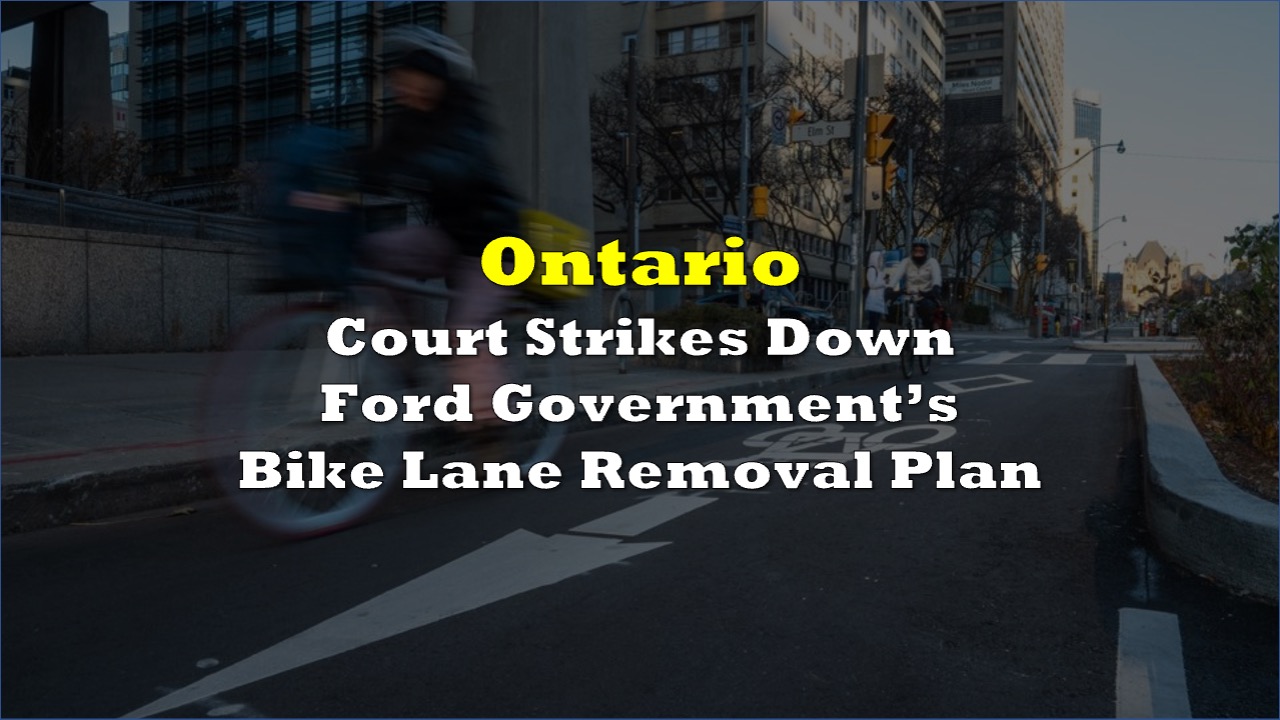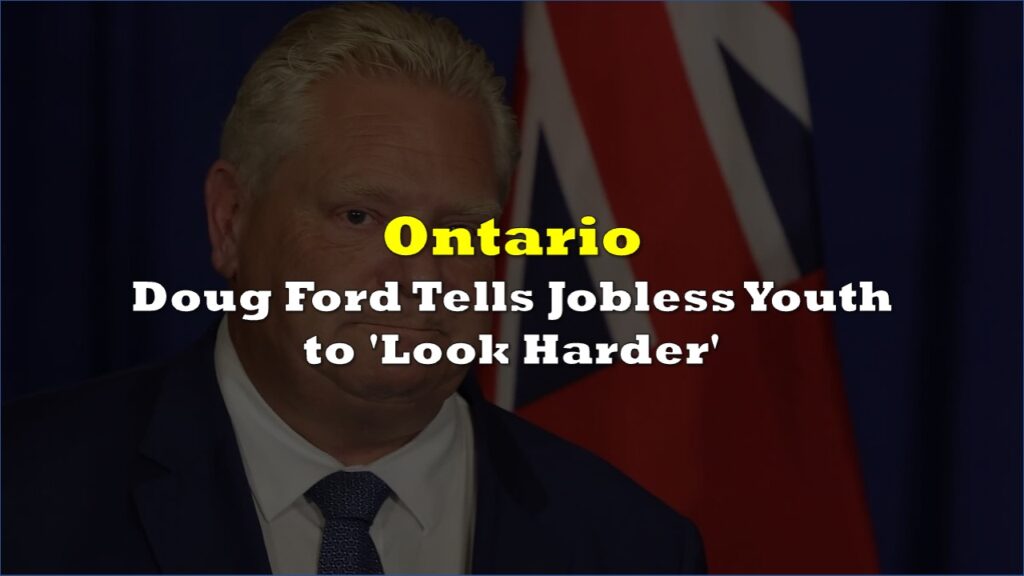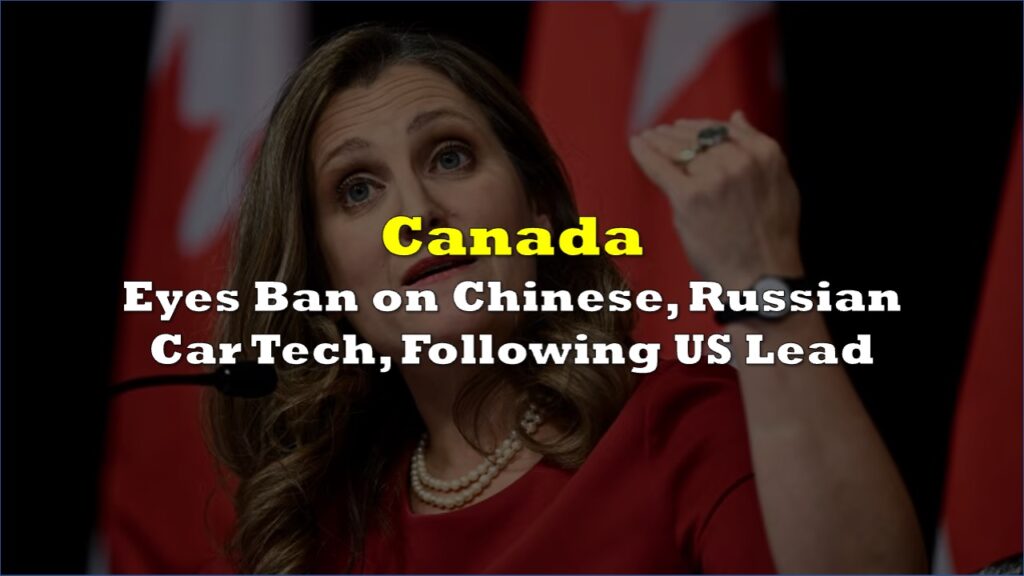An Ontario court ruled Wednesday that the provincial government’s plan to remove protected bike lanes from three major Toronto streets violates the Canadian Charter of Rights and Freedoms, finding the policy would put cyclists at “increased risk of harm and death” without evidence it would reduce traffic congestion.
The sweeping constitutional ruling, which Premier Doug Ford immediately vowed to appeal, deals a significant blow to his anti-bike lane agenda and establishes new limits on government authority over municipal infrastructure decisions.
Superior Court Justice Paul Schabas found that removing bike lanes on Bloor Street, University Avenue and Yonge Street would violate Charter rights to life and security of the person by putting cyclists at “increased risk of harm and death.”
The ruling strikes down both the original legislation and a revised version passed in June that changed the language from “removal” to “reconfiguring” the lanes.
“The evidence is clear that restoring a lane of motor vehicle traffic, where it will involve the removal of the protected, or separated, nature of the target bike lanes, will create greater risk to cyclists and to other users of the roads,” Schabas wrote.
The judge found the law was “arbitrary” and lacked evidence that removing bike lanes would reduce traffic congestion — the government’s stated goal. Expert testimony showed that lane removal would likely worsen traffic by encouraging more people to drive.
NEW: Looks like CycleToronto won in court. Justice Schabas finds Ontario's law (AND version 2) to remove bike lanes infringe S7 of the Charter and is not saved by S1, in large part because the govt had no evidence to back up its claims. pic.twitter.com/PwocUaJNwz
— John Michael McGrath (@jm_mcgrath) July 30, 2025
The ruling does not establish a constitutional “right to bike lanes,” journalist JM McGrath explained on X, but rather requires the government to present evidence-based justification when taking actions that could cause bodily harm to citizens.
Ford responded by questioning judicial authority. “I believe, and the people of Ontario believe, that they elect parties to make decisions — they don’t elect judges,” he told reporters Wednesday.
The provincial government immediately announced plans to appeal the decision. Transportation Minister Prabmeet Sarkaria’s office said they were “elected by the people of Ontario with a clear mandate to restore lanes of traffic.”
The legal challenge was brought by cycling advocacy group Cycle Toronto and two individual cyclists — a university student and a bike delivery driver who rely on the protected lanes daily.
“This is a full win,” said Michael Longfield, executive director of Cycle Toronto. “We won on the facts and on the law.”
The case centers on about 19 kilometers of protected bike lanes that Ford targeted for removal as part of his campaign promise to reduce traffic congestion. Six cyclists were killed in Toronto last year, all on roads without protected bike lanes.
A temporary injunction has protected the lanes since April while the case proceeded. The bike lanes will remain in place during the appeal process, which could take months.
Ford made bike lane removal a key campaign issue in February’s snap election, arguing the lanes contribute to Toronto’s traffic problems. Negotiations between Ford and Toronto Mayor Olivia Chow to find a compromise had been unsuccessful.
Information for this story was found via the sources and companies mentioned. The author has no securities or affiliations related to the organizations discussed. Not a recommendation to buy or sell. Always do additional research and consult a professional before purchasing a security. The author holds no licenses.









